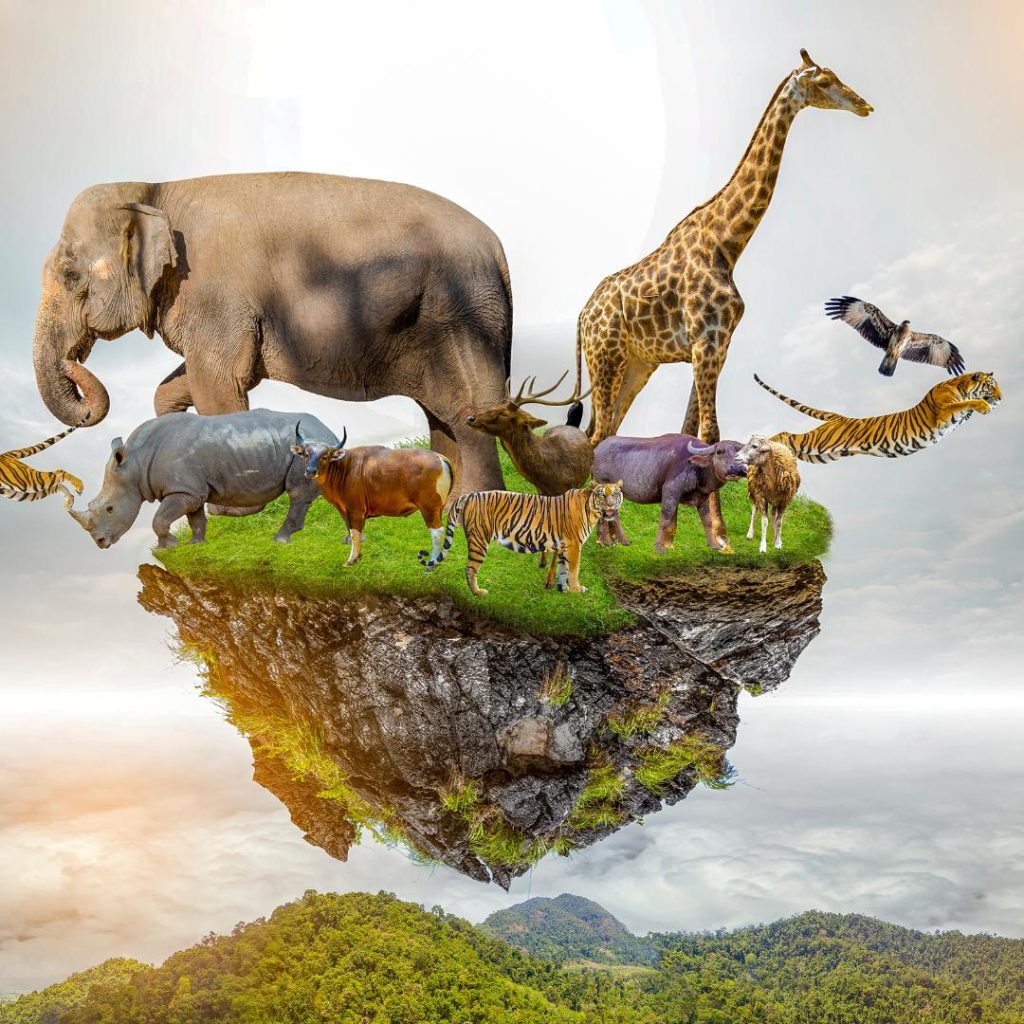World Wildlife Day: WWF alarmed by global environmental destruction

Today is International Wildlife Day - according to the latest update of the Red List , more than a quarter of all species worldwide are threatened - the main reason for this is the fragmentation, fragmentation and construction of habitats.
The environmental protection organization WWF (World Wide Fund for Nature) is therefore drawing attention to the urgent need to protect particularly species-rich ecosystems on the occasion of International Wildlife Day:
"The rainforests, savannahs and wetlands of our planet are true treasure troves of biodiversity that we must not lose under any circumstances," demands Axel Hein, international species conservation expert at WWF Austria.
The Amazon rainforest alone is home to nine percent of all vertebrate species worldwide, 14 percent of all bird species, 13 percent of all fish species, eight percent of all amphibian species and 22 percent of all plant species. However, 18 percent of the Amazon rainforest has already been irrevocably destroyed.
"This means that the habitat of rare animal species such as jaguars, river dolphins and anteaters is disappearing. In addition, numerous previously unknown species of animals and plants and their functions for the ecosystem will remain undiscovered forever," warns Hein.
Around half of the jaguar habitat has been lost in the last 100 years - 33 of the world's 34 jaguar populations are now critically endangered. The big cat fulfills important functions in the ecosystem and is an indicator of the condition of the rainforest:
"If the jaguar is doing well, the rainforest is doing well. If this species disappears, it is a sign that the entire rainforest ecosystem is out of balance," says Hein.
River dolphins are also very sensitive to environmental influences - all six species are highly endangered worldwide. In addition to the Amazon rainforest, the tropical forests of Asia and Africa are also disappearing - gorillas and lions, elephants and orangutans are among the big losers there.
Important protection of savannahs and wetlands
In addition to rainforests, other particularly species-rich habitats such as savannahs and wetlands are also increasingly suffering from destruction: in the Brazilian Cerrado savannah, for example, deforestation increased by 44 percent last year.
"We need strict rules against the destruction of nature at a global level. The EU Forest Protection Act is an important building block for this, but it must be implemented in full and include forest-like ecosystems as well as forests. Otherwise, the problem will shift to other areas that are just as worthy of protection," says Hein.






